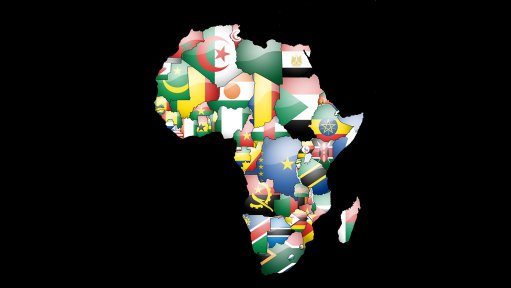
Professor Vimal Ranchhod from the Southern Africa Labour and Development Research Unit at the University of Cape Town (UCT) says data show there is a strong geospatial component when it comes to serious inequality in Southern Africa.
He was addressing a virtual debate organised by the Embassy of France in South Africa and the African Centre of Excellence for Inequality Research, based at UCT, with a special focus on South Africa's youth.
French Ambassador to South Africa Aurélien Lechevallier said the discussion forms part of a series of debates commissioned by French President Emmanuel Macron ahead of the Africa-France Summit, which is scheduled to take place in France, from October 7 to 9.
Ranchhod said recent data showed that at least 10 countries in Southern African, including Namibia and Swaziland, have serious inequality issues.
He said data had also shown that there were significant racial inequalities in the labour market.
The South African Inequalities Trends Report, done in conjunction with Statistics South Africa, revealed that by 2017 the African unemployment rate was 21%, whereas the unemployment rate for whites sat at 6.7%.
“To understand South Africa’s levels of inequalities it is important to study the labour market,” Ranchhod said.
He said looking at data from the last 25 years, and despite policy rhetoric aimed at addressing inequality in South Africa, inequality was extremely persistent.
He said given South Africa’s history of apartheid and segregation, it was unlikely that all the issues exacerbating inequalities could have been addressed in 25 years.
“When we think of the ‘A better life for all’ slogan that was used during the 1994 elections, we have to ask how much better or who and in what ways? Because the recent past has seen that things have been much better for people who have [had] advantages or [are] already privileged….,” Ranchhod stated.
Business Leadership South Africa (BLSA) CEO Busi Mavuso said the biggest ticking time bomb in South Africa was inequality.
She said this had especially been felt by disadvantaged communities during the global Covid-19 pandemic, as many people had no running water and no money to buy sanitisers.
“If the pandemic does not make us, as leaders, carefully see how we can deal with structural inequalities and economic flaws than I don’t know what will. There is no doubt in my mind that biggest ticking time bomb is inequality,” she stressed.
She said the problem with domestic inequality was that it undermined social stability, which meant the quest of attaining a sustainable and conducive environment within which business should operate would continue to be elusive.
Mavuso said the problem in South Africa was that the middle class was the one carrying the economy and not the rich.
She stated that the middle class in South Africa was not by true definition the middle class because once they lost their jobs, their lives or lifestyles are quickly reduced to poverty and, in the process, they lost everything they had.
“No nation can achieve inclusive economic growth by excluding the majority of the citizens of its country,” she stressed.